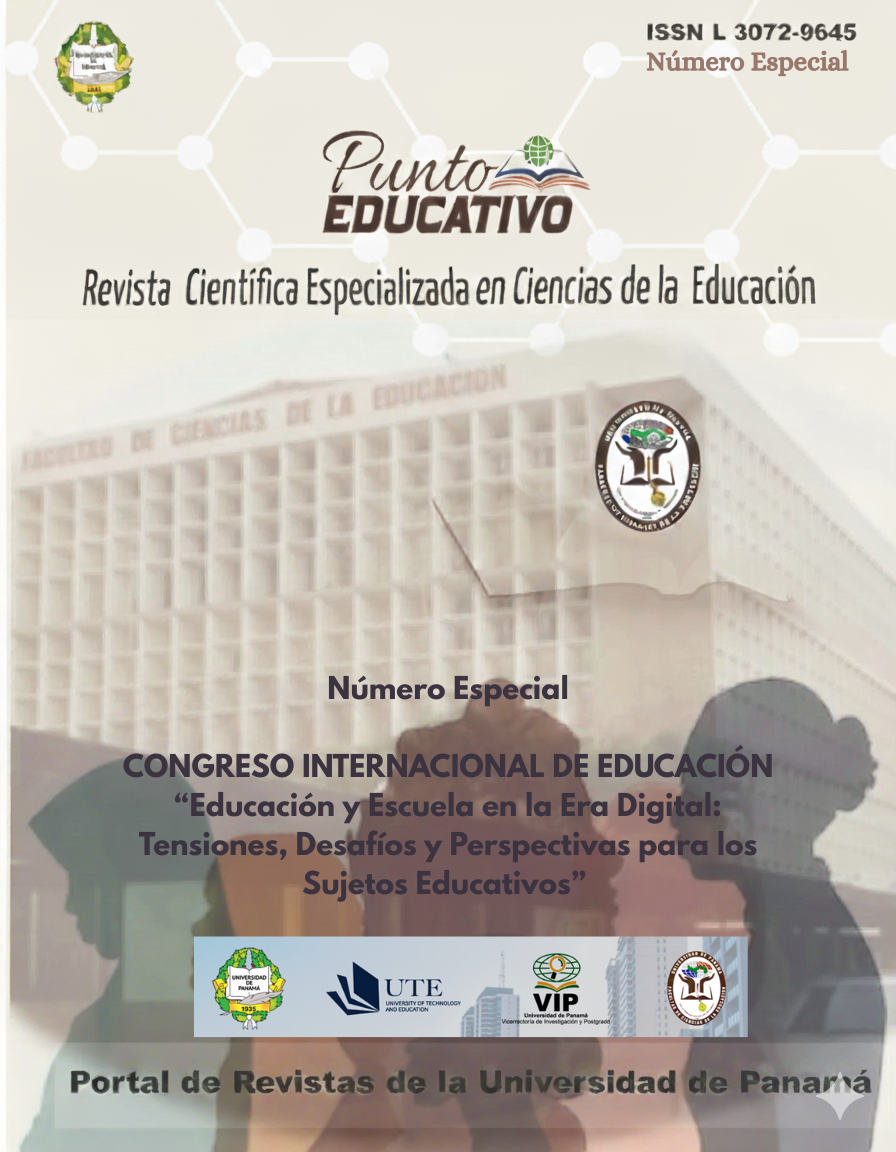

Copyright (c) 2025 Punto educativo

This work is licensed under a Creative Commons Attribution-NonCommercial-ShareAlike 4.0 International License.
The study presents a critical comparison between the developmental or cognitivist pedagogical models and the contemporary active school, highlighting their relevance in understanding teaching and learning processes. These models serve as conceptual tools for analyzing and predicting educational phenomena, with a focus on inclusion and quality. The function of the current curriculum is influenced by the social sciences, which are grounded in the philosophical foundations of other disciplines such as sociology and psychology. This implies that pedagogy is not limited to disciplinary parameters but seeks to address questions arising from these fields. Indeed, educators’ reflection and praxis are fundamental for engaging with research, while the purpose of a pedagogical model is to define the type of person to be formed, the skills necessary for their development, and the most effective methods for achieving this. The pedagogue plays a crucial role in contributing to the clarification of the concept of the person to be formed and the description of the processes of humanization and capacity development.
Pedagogical models not only focus on the aims of teaching but also seek to systematize and standardize the educational sphere, determining what should be taught and how. UNESCO highlights the importance of inclusive pedagogy, which requires a shift in educational culture to address students’ diverse needs in a personalized way, avoiding classification or labeling and instead promoting a sense of universalization in the educational sphere.